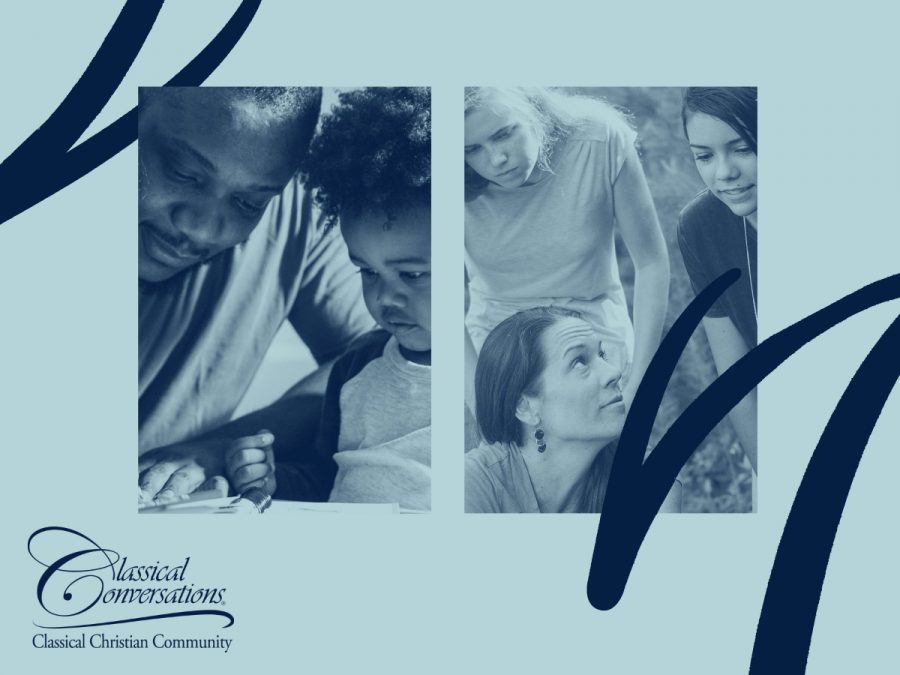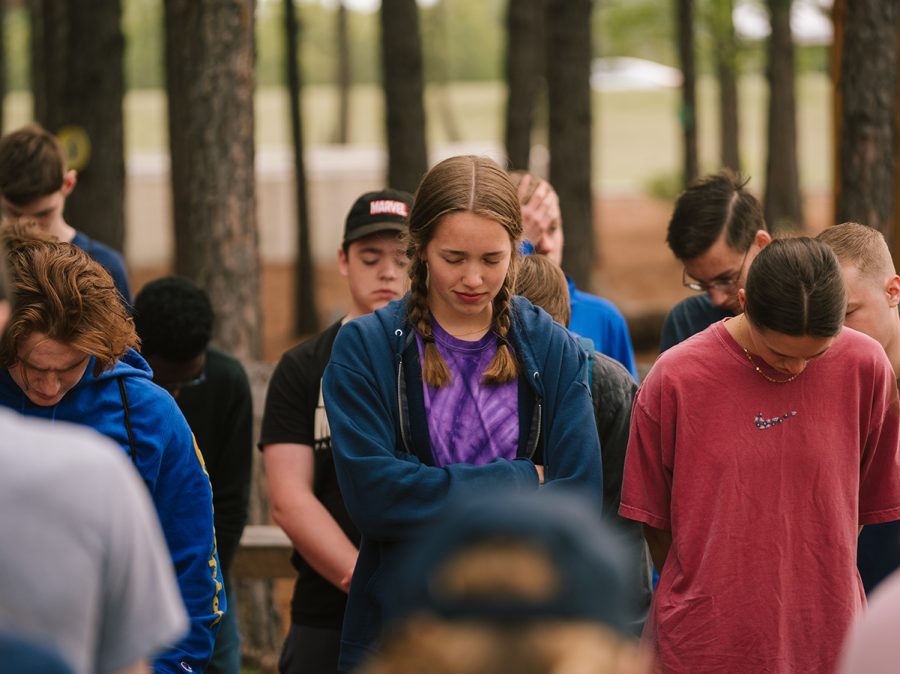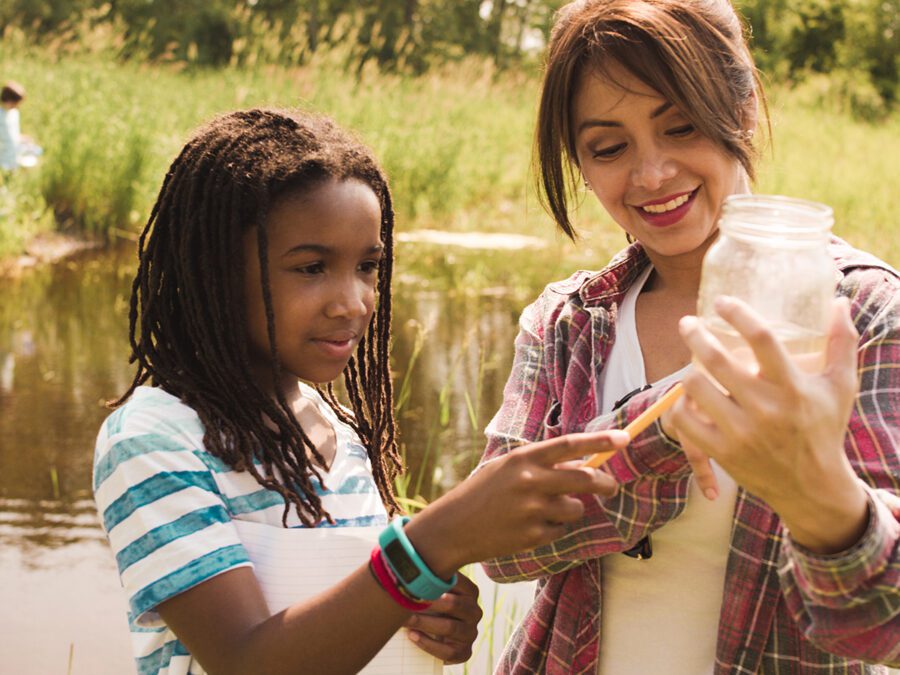Let me state this plainly: the Challenge B tutor has the best position in Classical Conversations. We build mental muscle with logic, we train opinionated kids to argue, and we watch children grow up into young men and women attorneys who go into battle in a courtroom.
Yes, I am a Challenge B tutor.
Five years ago my wise and strong-minded friend, Marcia, told me it was time I checked out Classical Conversations, even though her campus was forty-five minutes north on the interstate. But an Information Meeting smacked me between the eyes and showed me a classical education was possible for us!
The fact that a Challenge program did not exist for my older kids did not trouble Marcia. She serenely informed me that I could become a tutor and both help the campus grow and earn something toward my tuition costs for six children. Magnanimously, she let me study the catalog and choose which level I wanted to offer, Challenge A or Challenge B. (These are roughly equivalent to seventh and eighth grade, but the skills taught and the content covered are fitting for a high school student new to classical education methods.) The teens who were graduating from Foundations would take either one as their first year of high school.
It did not take me long to see how my background, temperament, and curiosity were suited for Challenge B. Logic, the centerpiece of the program, really captured my interest, because I could see the value of teaching kids how to reason well at this early stage, knowing what a fantastic foundation this would make for all future studies.
To get my training I traveled to Wilmington, NC and there I attended a practicum, had my first Krispy Kreme doughnut, and tasted a peach milkshake from a store whose misspelled name stumped me. Was that Chick-fil-A?
The first year I studied something like fifteen to twenty hours a week because I was inexperienced and thought I needed to know everything. I proved what I heard Leigh Bortins say, that we are seriously undereducated. I admit it. I did not know who Michael Faraday was or why I should care. I had to study my Latin grammar and spend time translating until I was getting the right answers more often than not. I had to learn how to lead discussion rather than tell students what I had discovered.
However, I also became reacquainted with algebra which I loved as a teen, and the same with logic which I studied in college in a text not nearly as witty as this one. I learned how to argue coolly and persuasively. Four of my own children have come through my class and have all grown into thoughtful people.
But Challenge B’s effect on me has been the most profound. It has trained me in the classical methods, so that now I can tackle any large project with confidence. It has taught me to read a book, tell a story, talk to strangers. Someday, I may even feel the confidence to stand up at a town meeting and speak so persuasively my neighbors find themselves voting against their will for such things as fiscal responsibility, small government, or the right for unborn babies to live. Ha!
When a parent of a thirteen- to fifteen-year-old visits the campus and dithers about where to begin in the fall, I am all courtesy and deference, when what I really want to do is grab the mother by the shoulders, stare her in the eye and say, “Do not miss this class. You will never regret putting your child in Challenge B. Give that child a solid year of logic (and algebra and Latin), dialogue (literature, science, current events, Mock Trial) and writing (Lost Tools of Writing, science, Mock Trial). This year, be a B.”
What about you, the parent who considers taking on the task of tutoring B, the precious privilege of working with children who grow wise before your very eyes? The students and their parents are not the only ones you bless.
The one who benefits the most is you.




